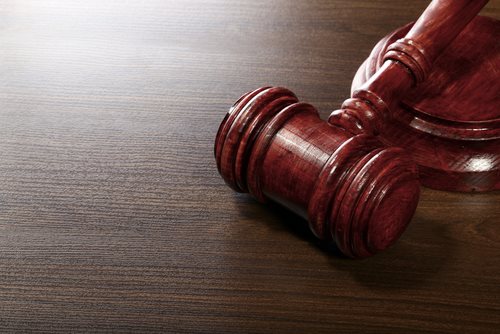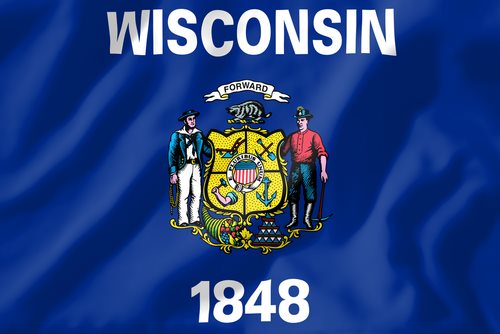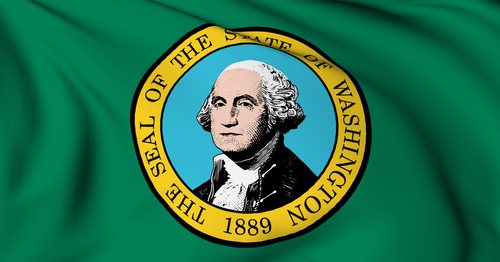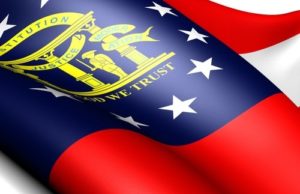Washington D.C. Attorney General
 What is the Attorney General Washington D.C.?
What is the Attorney General Washington D.C.?
The Attorney General for the District of Columbia is a legal and administrative position undertaken by the appointed individual serving as the primary attorney – or lawyer – on behalf of the State of Washington D.C.; the appointment of the Attorney General Washington D.C. takes place through a statewide election.
The Attorney General Washington D.C.
The Washington D.C. Attorney General is Democrat Irvin B. Nathan, who was elected in 2011:
Irvin B. Nathan was appointed to office in 2010; Washington D.C. is currently one of the 7 States who do not utilize a public election in order to determine the acting Attorney General – as a result, Nathan’s term will expire upon a new appointment mandated by the Mayor of Washington D.C.
Irvin B. Nathan received his legal degree from the Columbia University Law School
The Office of the Attorney General Washington D.C.
The Office of the Attorney General of the State of Washington D.C. is located in the District of Columbia; however, the Washington D.C. Attorney General is not synonymous with the Attorney General of the United States, Eric Holder
Criminal Justice Duties of the Washington D.C. Attorney General
The various divisions of the Attorney General Washington D.C. include the following:
Consumer Protection and Antitrust Division
Neighborhood and Victim Services
The Legal Process and Procedure of the Attorney General Washington D.C.
Administrative Law and the Washington D.C. Attorney General
Administrative Law is the legal field associated with events and circumstances in which Federal and State Governments of the United States interact with their respective citizens, including the administration of government programs, the creation of agencies, the establishment of a legal, regulatory standard; as a result, the Washington D.C. Attorney General is an example of a State officer responsible for the protection and preservation of the rights and liberties afforded to the citizens of the State of Washington D.C..
In addition to serving as the primary prosecuting attorney on behalf of the State of Washington D.C., the Attorney General Washington D.C. also serves as the chief advocate of legislature and statutory regulation existing within the State of Washington D.C.
Common Law and the Washington D.C. Attorney General
The Washington D.C. Attorney General is identified as an officer within the legal realm of Common Law, which is the legal field and ideology considered to rely on past legal statutes, sentencing, and judicial review to serve as guidelines for sentencing; both the reference and respect of past judicial decisions as a means of determination for current legal hearings is amongst the primary ideologies inherent within Common Law:
In many cases, the Attorney General Washington D.C. will employ the legal ideology of ‘Stare Decisis’ with regard to appellate hearings requested within the State of Washington D.C.; Stare Decisis facilitates a hierarchy with regard to legal venue, within which the process of appeals is determined for potential hearings
Upon the ruling set forth by a court classified as a ‘lower’, an appeal may be subject to judicial review by a court ‘classified as ‘higher’ only in the event that the ‘higher court’ has cited fault within the initial sentencing; however, case decisions, rulings, and Washington D.C. Attorney General Washington D.C. judicial review will be cited as primary sources with regard to sentencing
Contacting the Washington D.C. Attorney General
The Office of the Washington D.C. Attorney General may be contacted through the following means:
Address for the Office of the Washington D.C. Attorney General
The Office of the Washington D.C. Attorney General
441 4th Street, NW
Washington, D.C.
20001
Telephone Number for the Office of the Attorney General Washington D.C.
The telephone number for General Information is (202) 727-3400




 What is the TX Attorney General?
What is the TX Attorney General?





 What is the Attorney General Rhode Island?
What is the Attorney General Rhode Island?











